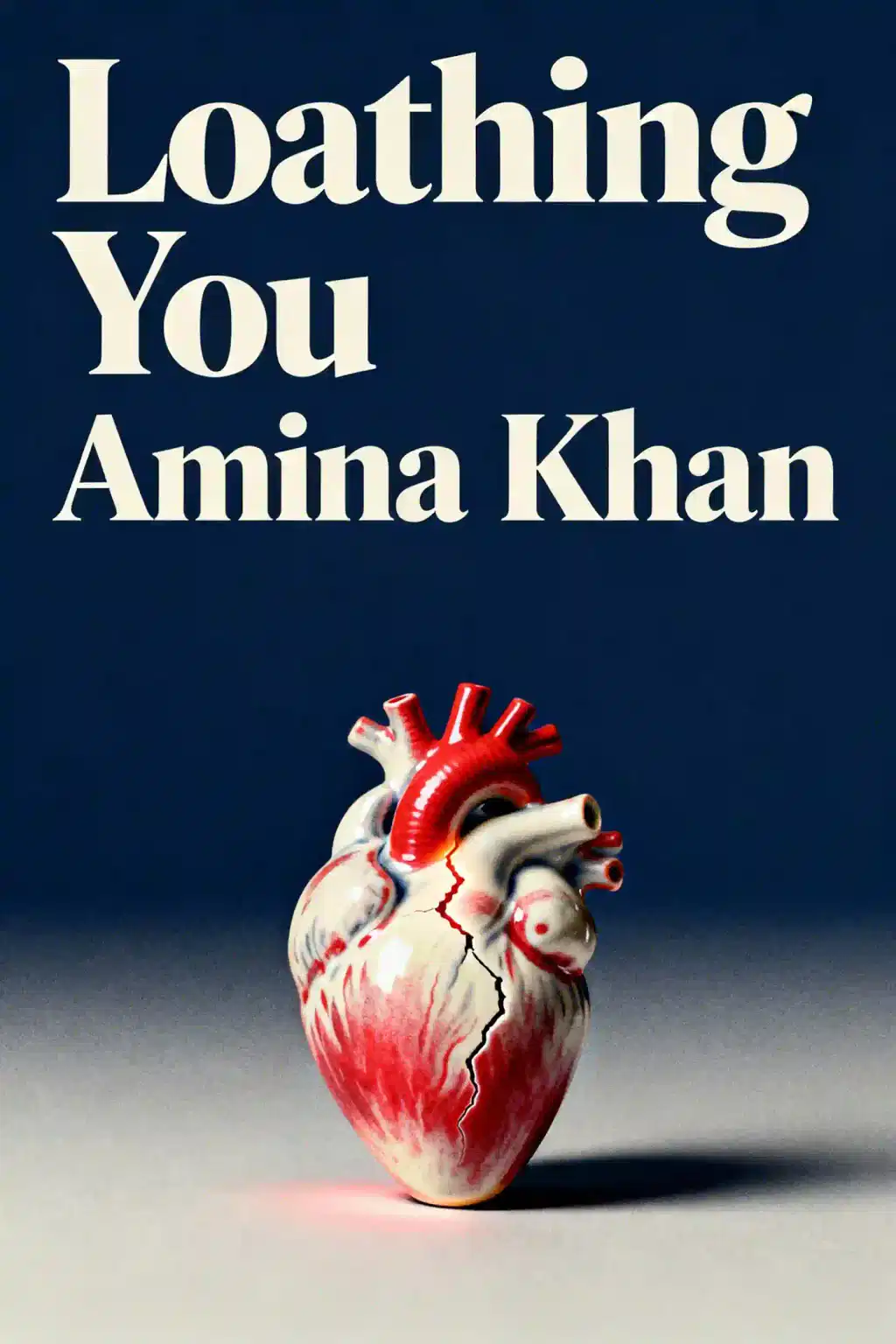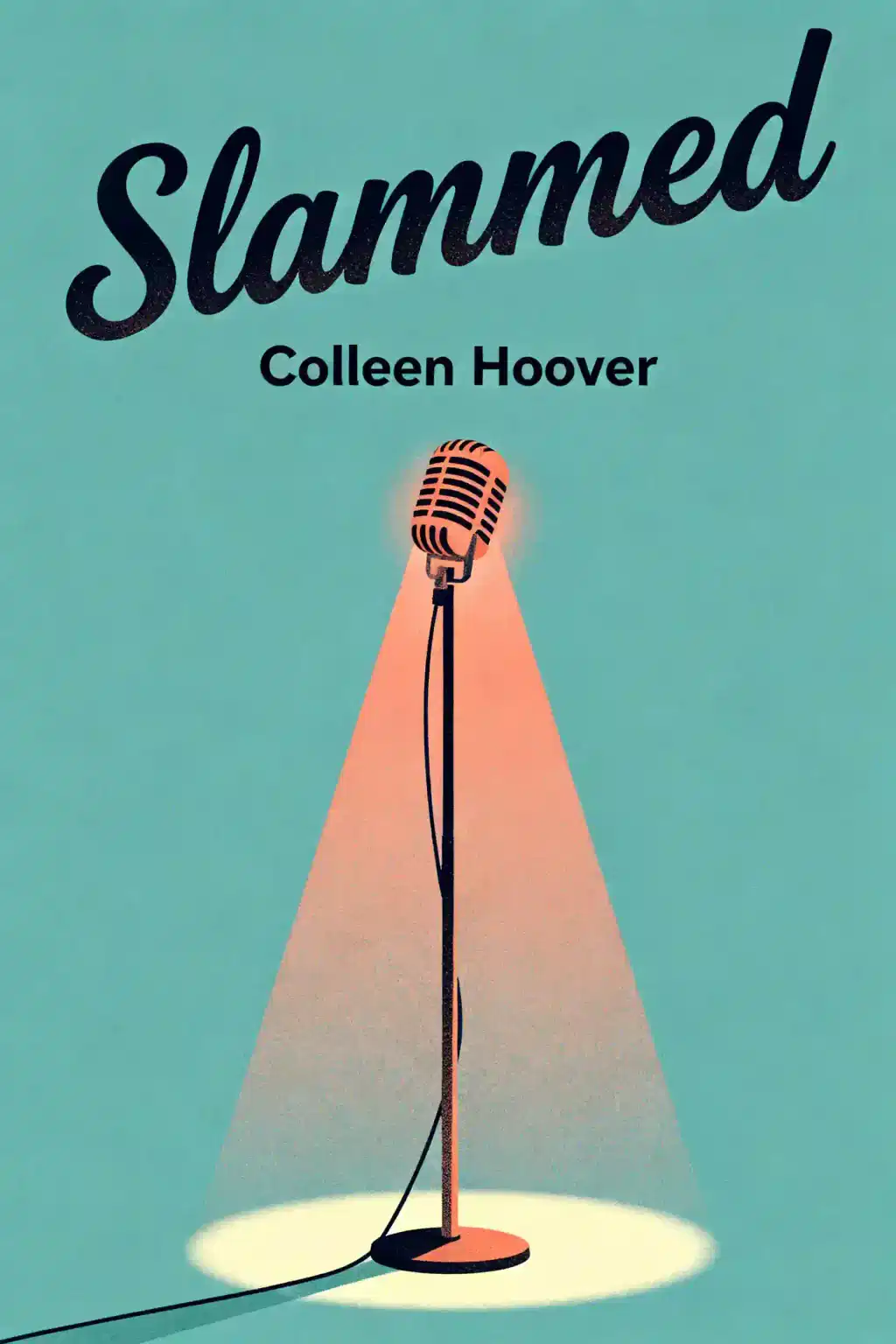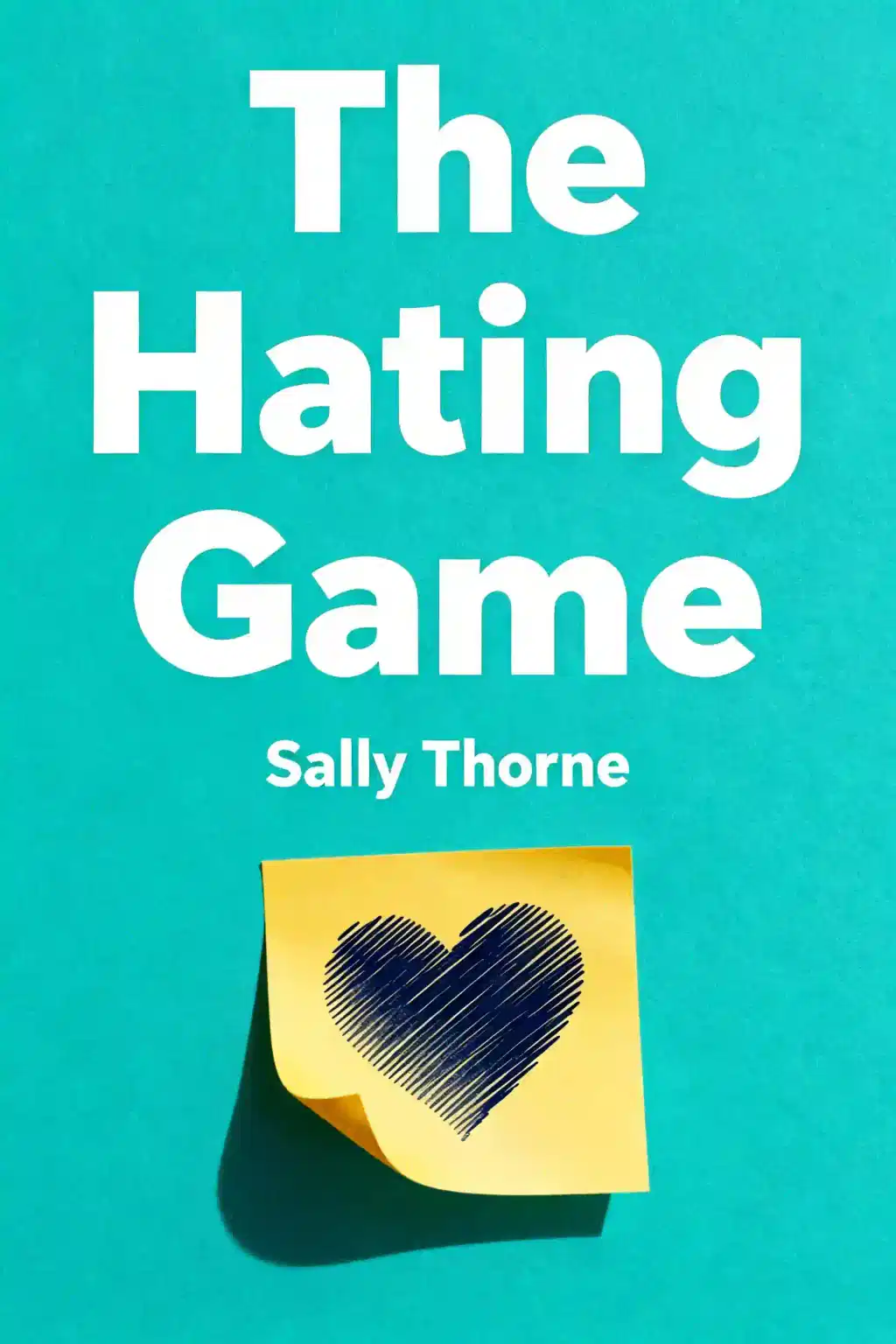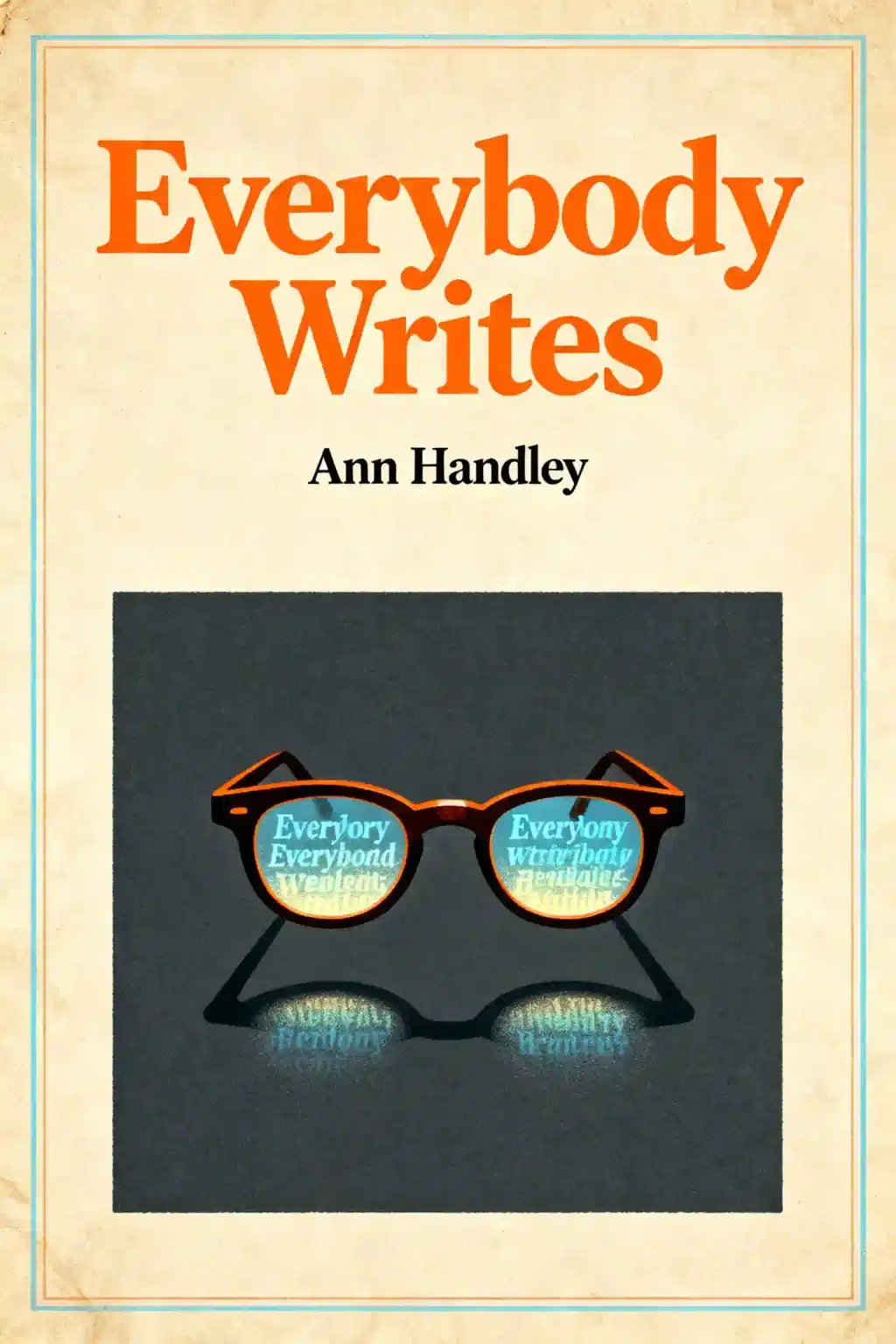What is Loathing You by Amina Khan about?
Loathing You is a dark enemies-to-lovers sapphic romance between Adaline Emery, a scholarship student, and Juliette Kingston, a wealthy heiress at Richmond Academy in England. The story follows five years of intense hatred between the two girls, sparked when Adaline was outed as bisexual and bullied by Juliette. When their professor forces Adaline to tutor Juliette, their mutual loathing transforms into an addictive, passionate connection.
Who is Amina Khan, the author of Loathing You?
Amina Khan is a 19-year-old queer South Asian woman from Birmingham, England, currently studying psychology and criminology. She began her writing career on Wattpad, where Loathing You went viral and garnered over one million readers before she self-published the completed novel on Amazon. Writing has been a lifelong passion for Khan, who uses her platform to create LGBTQ+ representation in contemporary romance through authentic, diverse characters.
Who should read Loathing You by Amina Khan?
Loathing You is ideal for readers seeking intense enemies-to-lovers sapphic romance with high angst and explicit content. This book appeals to fans of dark romance featuring possessive dynamics, class conflict, and LGBTQ+ representation. Readers who enjoy stories exploring bisexual identity, privilege dynamics, and emotional intensity will find this contemporary English setting compelling. The novel suits mature audiences comfortable with explicit scenes rated 5/5 for spice level.
Is Loathing You worth reading?
Loathing You delivers exceptional angst and possessiveness rare in sapphic romance, with characters who embody the "touch her and I'll ruin your life" dynamic. The book offers explicit, rougher intimate scenes that differ from typical sweet sapphic romance, satisfying readers seeking more passionate content. With over one million Wattpad readers and strong reviews praising its emotional intensity, Loathing You successfully balances hate-to-love tension with authentic LGBTQ+ representation.
What is the relationship dynamic between Adaline and Juliette in Loathing You?
Adaline Emery and Juliette Kingston are polar opposites who despise each other—Juliette represents ice and privilege while Adaline embodies fire and hard work. For five years, Juliette has bullied Adaline for being bisexual and scholarship-based, creating intense animosity. Despite their hatred, they become addicted to their conflict and cannot stay away from each other. Their relationship epitomizes the "enemies who are obsessed with each other" trope, where only they can torment one another.
What are the main themes explored in Loathing You by Amina Khan?
Class inequality and privilege dominate Loathing You, contrasting Adaline's working-class background with Richmond Academy's wealthy elite. The novel addresses LGBTQ+ identity, particularly bisexual representation and the discrimination Adaline faces after being outed. Power dynamics and control feature prominently through Juliette's dominance and possessiveness. Additional themes include mental health awareness, the duality of love and hate, and social commentary on contemporary attitudes toward sexuality and privilege.
How explicit is Loathing You by Amina Khan?
Loathing You receives a 5/5 spice level rating with explicit and plentiful intimate scenes. The intimate content leans toward the rougher side compared to typical sweet sapphic romance, with hatred transforming into intense passion. While not BDSM-focused, the scenes reflect the characters' emotional intensity and possessive dynamics. Readers describe the explicit content as "chef's kiss" quality, noting it successfully captures the enemies-to-lovers tension through physical expression.
What are the most memorable quotes from Loathing You?
- "Love doesn't always feel like heaven, sometimes it burns, it coils at your heart and tears through your insides; sometimes, love feels like hell" captures the novel's central theme about love's destructive and painful aspects.
- "You leave when I say you can" exemplifies Juliette's controlling, dominant personality.
- "Don't you get tired of pretending like I don't affect you?" followed by Adaline's response showcases her resilience against Juliette's manipulation tactics.
How does Loathing You by Amina Khan end?
Loathing You concludes with an open-ended but hopeful finale, leaving Adaline and Juliette's future relationship uncertain while offering reconciliation possibilities. The ending emphasizes self-acceptance and personal growth, highlighting the courage needed to confront fears and insecurities. Khan's conclusion suggests that love, despite its complications and pain, possesses transformative power to heal wounds and create meaningful connections. The ambiguous resolution allows readers to interpret the characters' emotional journey.
What makes Loathing You different from other sapphic romance novels?
Loathing You stands out for its darker, more intense approach to sapphic romance compared to typically sweet lesbian fiction. The book features explicit content on the rougher side, with possessive dynamics and genuine hatred-turned-passion rarely seen in WLW romance. Khan incorporates class conflict and privilege critique within the LGBTQ+ narrative, adding social commentary depth. The viral Wattpad origin and million-plus readership demonstrate its authentic connection with young queer audiences seeking representation.
Why did Loathing You become viral on Wattpad?
Loathing You resonated with over one million Wattpad readers seeking authentic sapphic enemies-to-lovers representation with high emotional stakes. The intense angst, possessiveness, and "touch her and I'll ruin your life" dynamic fulfilled reader desires for passionate WLW romance. Amina Khan's portrayal of bisexual identity, class inequality, and raw emotional intensity connected with young LGBTQ+ audiences craving diverse, complex characters. The book's success prompted Khan to self-publish the completed novel on Amazon.
What does Adaline's motorcycle symbolize in Loathing You?
Adaline's Yamaha V-star 650 Classic motorcycle, a gift from her brother, represents her independence and working-class identity. The bike contrasts sharply with Richmond Academy's wealth and privilege, symbolizing Adaline's refusal to conform to elite standards. This detail reinforces her outsider status and self-reliance, distinguishing her from wealthy students like Juliette. The motorcycle embodies Adaline's resilience and connection to her roots despite attending a prestigious academy.














